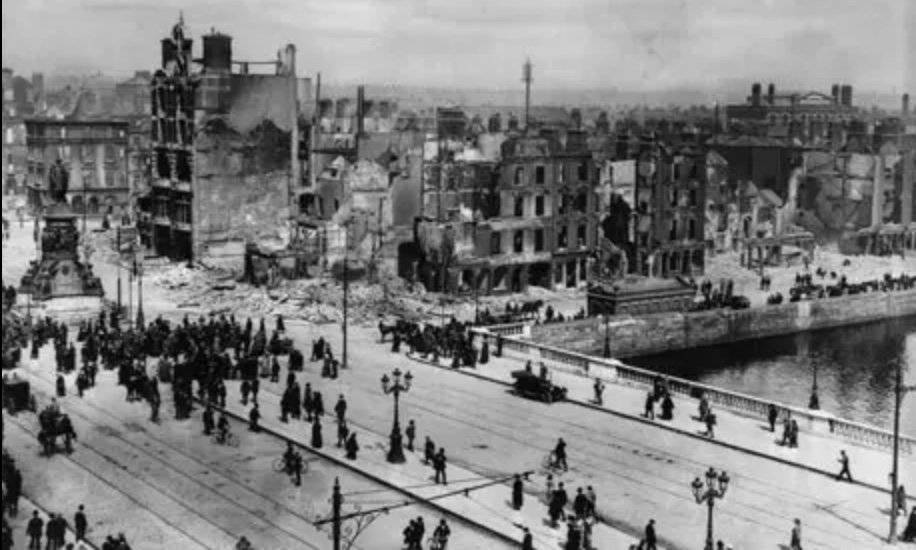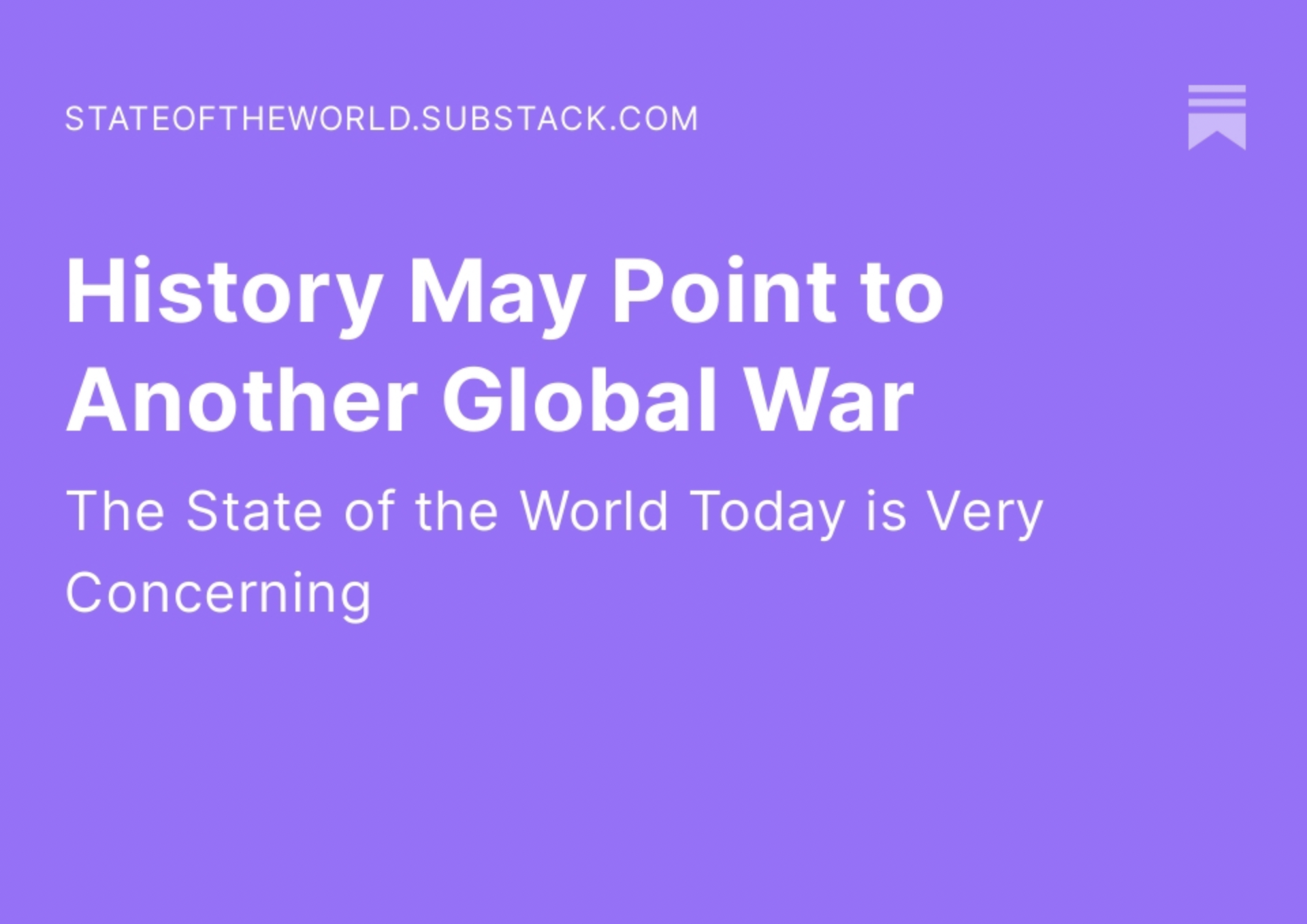Anglo-Irish Wars
Wars and conflicts between Britain (England, Scotland, and Wales) and Ireland.
Ireland suffered through several English invasions and occupations throughout the past thousand years or so. Even after Irish independence in the early Twentieth Century, armed conflict continued as the Irish Republican Army waged armed conflict against the British government and against Northern Ireland Protestants.
English/Norman Invasion of Ireland
Norman Invasion of Ireland (1169-1171)— Though this invasion was actually carried out by Norman and Flemish troops under the command of the Earl of Pembroke, Richard de Clare, who was also known as Strongbow, as de Clare was a subject of the English/Norman King of England, this technically was an invasion that brought Ireland (or at least the parts de Clare conquered) under the power of the English crown.
English Invasion of Ireland (1171-1175)— Fearful that the Norman forces would set up a Norman kingdom separate from the English crown, King Henry II of England landed in Ireland with a large force in 1171 to take over the conquest himself. The Treaty of Windsor in 1175 legally brought Ireland into the Angevin (English) Empire. Due to the feudal nature of England and Ireland, despite the treaty, several Norman knights waged campaigns against the Irish lords, which created Norman fiefdoms with the Norman lords running their new lands as virtual kingdoms. However, as these Norman knights were pledged to the English crown, their conquests, even though not approved by the King, effectively expanded English rule in Ireland, to the detriment of the Irish people. These unauthorized Norman campaigns included:
Norman conquest of East Ulster (1177)— The Norman knight John de Courcy took over large areas of Ulster in northern Ireland.
Irish Uprisings and Rebellions Against the English
Anglo-Irish War (1594-1603)— Better known as Tyrone’s Rebellion, in which Spain supplied a small number of troops to help the Irish rebels fight the English, with whom Spain was already at war against.
Anglo-Irish War (1652-1654)
Anglo-Irish War (1641-1652)-A part of the larger English Civil War pitting the Royalists against the Parliament, whose army was led by Oliver Cromwell.
United Irishmen Revolt (1795-1797) -The United Irishmen Revolt was a part of the larger world war involving most of Europe against the revolutionary French Republic. The Irish received some help from the French, but the rebellion was put down savagely by the British General Gerard Lake.
Anglo-Irish War (1798-1803) —Wicklow Mountains Guerilla Campaign led byMichael Dwyer, who continued to fight the British after the failed 1798 Uprising.
Robert Emmet Rebellion (1803)
The Fenian Rising of 1867–Rebellion against British rule in Ireland, organized by the Fenian Brotherhood.
Anglo-Irish War (April 24, 1916) -Best known as the Easter Rising.
Anglo-Irish War (1919-1921) -Best known as the Irish War of Independence and also as the Anglo-Irish Civil War, or as The Anglo-Irish War. At the conclusion of this war, the southern counties of Ireland with Catholic majorities gained independence as the Irish Free State, while the northern counties with Protestant majorities chose to remain a part of the United Kingdom, and became known as Northern Ireland. Often referred to as THE Anglo-Irish War.
The Irish Republican Army “Sabotage Campaign” (1956-1962) –The “Sabotage Campaign” or “England Campaign” was a bombing and sabotage campaing by the IRA against the civil, economic, and military infrastructure of the United Kingdom from 1939 to 1940, as Britain was engaged in World War Two against Nazi Germany.
The Irish Republican Army Border Campaign (1956-1962)–IRA border raids against the British forces in Northern Ireland
The Northern Ireland “Troubles” (1969-1998)–IRA guerrilla/terrorist conflict against the British and Northern Ireland governments. Protestant militias and terrorist organizations in Northern Ireland were also responsible for significant violence against the Catholic minority.
Links and Resources:
1. Kohn, George C. Dictionary of Wars. New York: Facts On File Publications. 1986.

